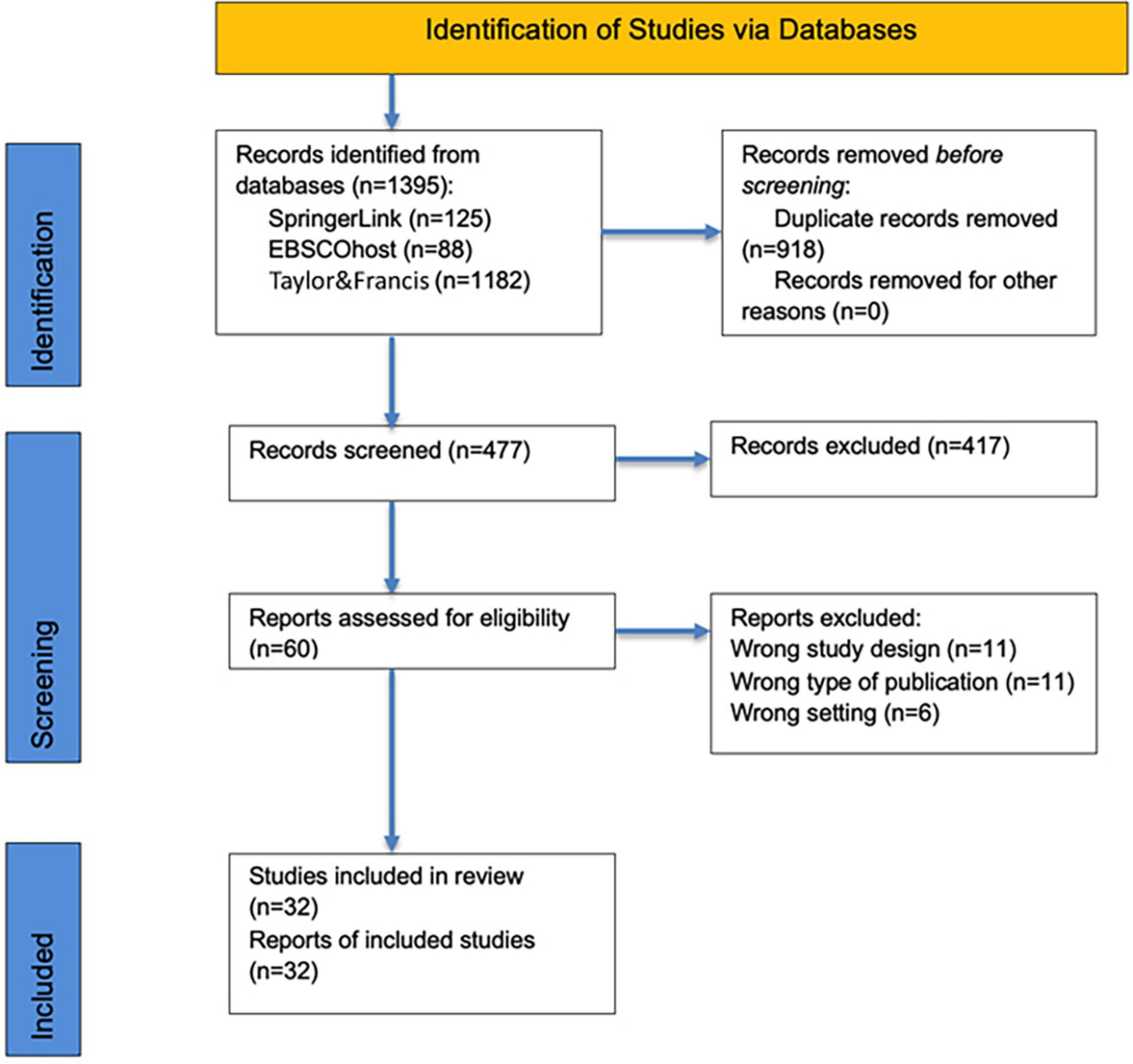The Rise of Micro-credentials: Revolutionizing Professional Development and Career Growth
In today’s rapidly evolving workplace,traditional educational paths are no longer the sole gateway to professional success. Enter micro-credentials—compact, focused certifications that are reshaping how individuals validate their skills, boost employability, and accelerate career growth. This article dives deep into the surge of micro-credentials, their profound impact on professional development, and practical ways you can harness their potential.
What Are Micro-Credentials?
Micro-credentials are short, stackable certifications which demonstrate proficiency in specific skillsets or competencies. Unlike traditional degrees or diplomas, micro-credentials focus on targeted areas, are often delivered online, and can be earned in a fraction of the time.
- Short duration: Typically completed within weeks or months.
- Digital badges: Verified, shareable badges or certificates upon completion.
- Industry relevance: Designed in partnership wiht employers to match current market needs.
- Stackable: Multiple micro-credentials can build toward advanced qualifications or even full degrees.
Popular micro-credentialing platforms include Coursera, edX, Udemy, and industry-specific providers like Google Career Certificates and Salesforce Trailhead.
Why Are Micro-Credentials on the Rise?
The demand for agile, up-to-date skills has never been greater. Technology is disrupting industries, job roles are evolving rapidly, and a degree earned years ago may no longer suffice. Here’s why micro-credentials are gaining such momentum:
- Workforce agility: Professionals can upskill or reskill as industry demands shift.
- Accessibility: Courses are often affordable and accessible from anywhere in the world.
- Employer recognition: Many employers now value skills-based hiring, using micro-credentials to identify talent.
- Personalized learning: learners can curate their own educational journey based on career goals.
- Immediate impact: The skills gained can be applied immediately, making learning highly relevant.
According to a recent World Economic Forum report, over 50% of all employees will need reskilling by 2025, highlighting the critical role of micro-credentials in the future of work.
Benefits of Micro-Credentials for Professional Development
Embracing micro-credentials offers a multitude of advantages for individuals and organizations alike. Here are some of the top benefits:
1. Flexibility and Convenience
Micro-credentials are designed with working professionals in mind. With self-paced options, learners can balance work, family, and studies seamlessly.Many programs are also mobile-kind, allowing for on-the-go learning.
2. Cost-Effective Learning
traditional degrees can be prohibitively expensive. In contrast, micro-credentials often cost a fraction of a full degree, providing high return on investment.
3. Up-to-Date, Industry-Relevant Skills
Micro-credentials are developed in collaboration with industry leaders, reflecting the latest trends and tools in sectors like IT, healthcare, marketing, and finance.
4.career Advancement and Mobility
Earning micro-credentials can set you apart from other candidates, demonstrate ongoing commitment to learning, and open doors to promotions or new career paths.
5. Digital and Shareable Credentials
Most micro-credentials provide digital badges which can be easily showcased on LinkedIn, digital resumes, or personal websites—instantly communicating your skills to potential employers.
Case studies: Real-World Impact of Micro-Credentials
Let’s look at how micro-credentials have made a tangible difference for professionals and organizations.
Case Study 1: Tech Sector Reskilling
Maria, a graphic designer, aspired to switch to UX design. Through an online micro-credential program offered by a reputable university, she quickly gained proficiency in user research, wireframing, and prototyping. Within six months, Maria landed a junior UX designer role, showcasing her digital badges in her portfolio.
Case Study 2: Enterprise Adoption
Acme Corp, a leading logistics company, partnered with a micro-credentialing platform to upskill its workforce in data analytics.Over 200 employees were certified in areas like Excel,Python,and dashboard creation—leading to increased productivity and data-driven decision-making across teams.
How to Choose the Right Micro-Credentials
Not all micro-credentials are created equal.To maximize the value of your investment, consider these tips:
- Identify career objectives: Choose programs aligned with your short and long-term career goals.
- Research accreditation: Opt for credentials from reputable, recognized institutions or platforms.
- Assess employer recognition: Check if employers in your field acknowledge the certification.
- Course content relevance: Ensure the curriculum matches the current industry standards and technologies.
- Read learner reviews: Feedback from past participants can provide valuable insights into program quality.
Practical Tips to Leverage Micro-Credentials for Career Growth
Here’s how you can make the most out of micro-credentials for your career trajectory:
- Integrate with your resume and LinkedIn: Add micro-credentials to your digital profiles to enhance visibility.
- Highlight real-world projects: Where possible, complete hands-on assignments or capstone projects to demonstrate applied skills to potential employers.
- Continue learning: Stay updated with industry trends by pursuing additional micro-credentials as new skills emerge.
- Network with peers and instructors: Participate in online communities and forums to expand your professional network.
- Seek employer support: Some organizations will provide funding or time allowance for employees to pursue micro-credentials.
The Future of micro-Credentials in the job Market
As the pace of change accelerates and employers shift towards skills-based hiring,micro-credentials will only increase in importance.Major companies—including IBM, Google, and Amazon—have rolled out their own certification programs to bridge skill gaps and foster internal growth.
Furthermore, educational institutions are also recognizing the value of micro-credentials, increasingly integrating them into degree programs as stackable elements. With growing investment and recognition, micro-credentials are becoming a cornerstone of lifelong learning.
Conclusion: Embracing the Micro-Credential Revolution
The rise of micro-credentials signifies a paradigm shift in how we recognize, acquire, and display skills. By offering flexible, affordable, and industry-relevant learning opportunities, micro-credentials are democratizing education and accelerating professional development worldwide.
Whether you’re aiming to pivot your career, climb the corporate ladder, or simply stay relevant in the job market, embracing micro-credentials is a smart, strategic move. Start exploring today and leverage these bite-sized credentials to fast-track your professional journey.

